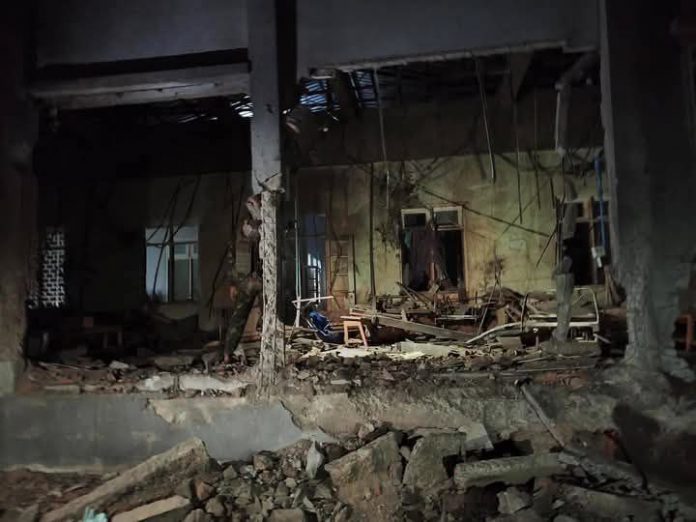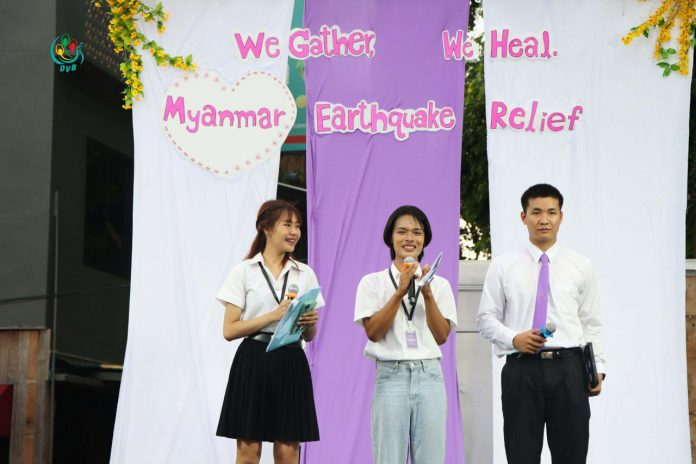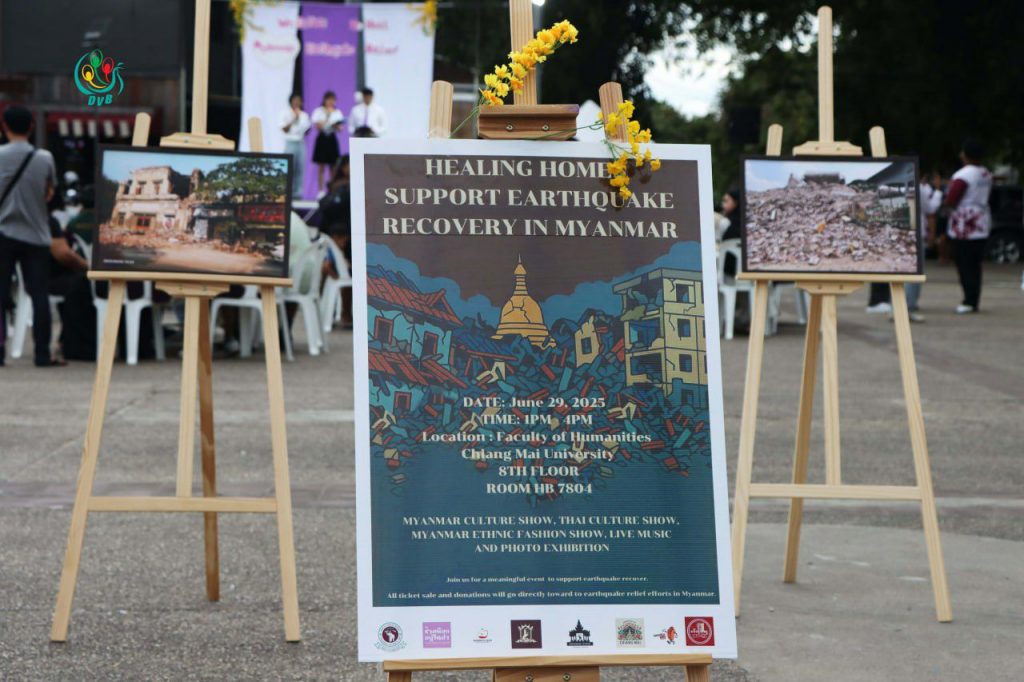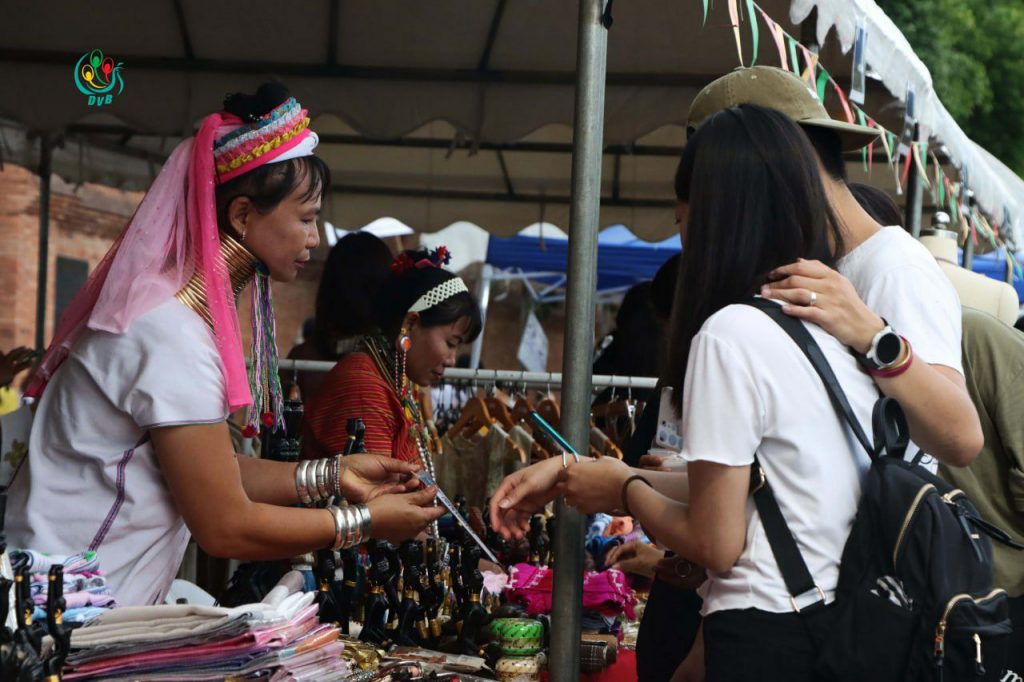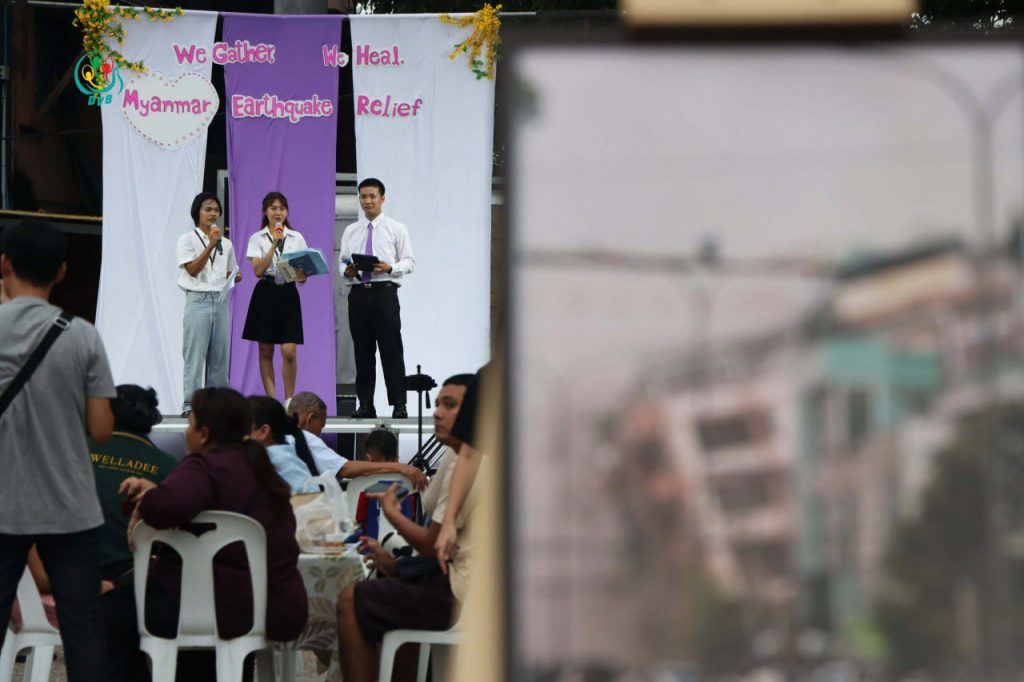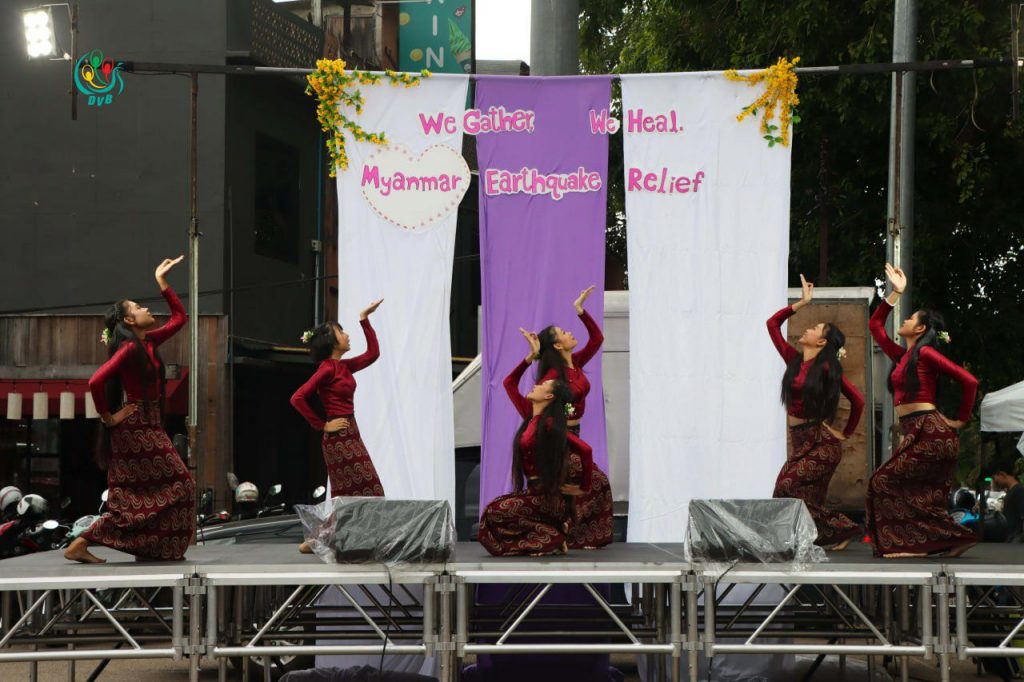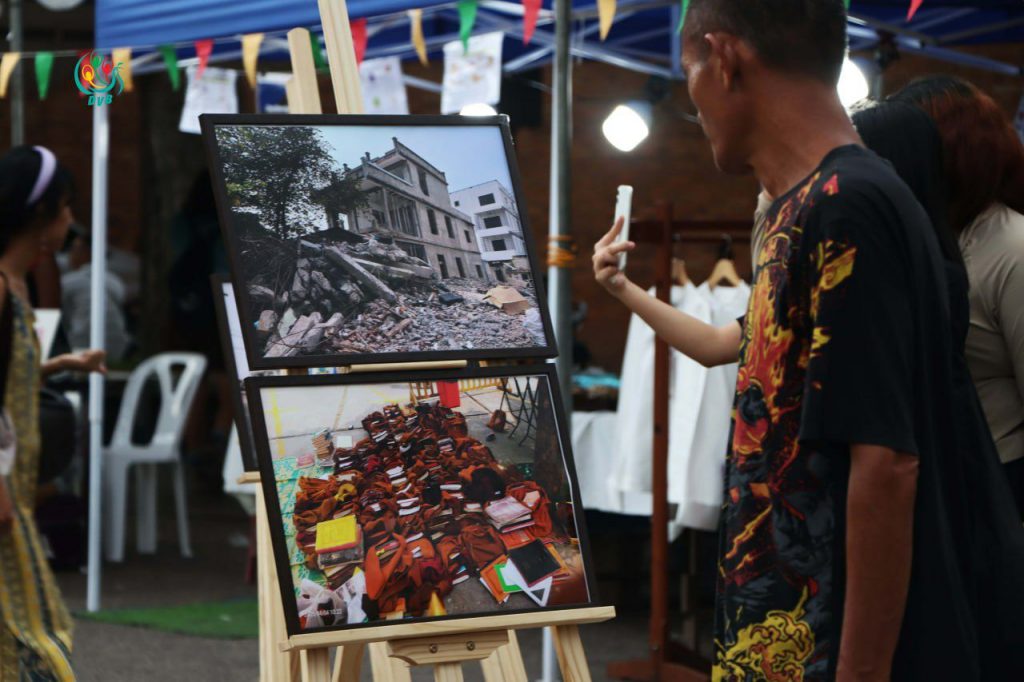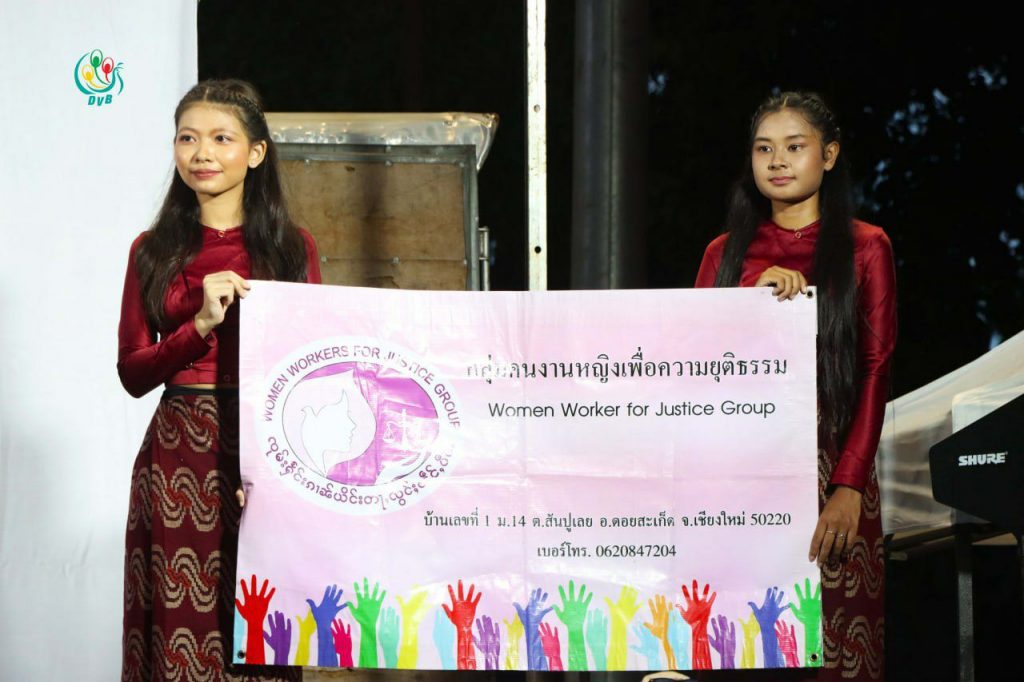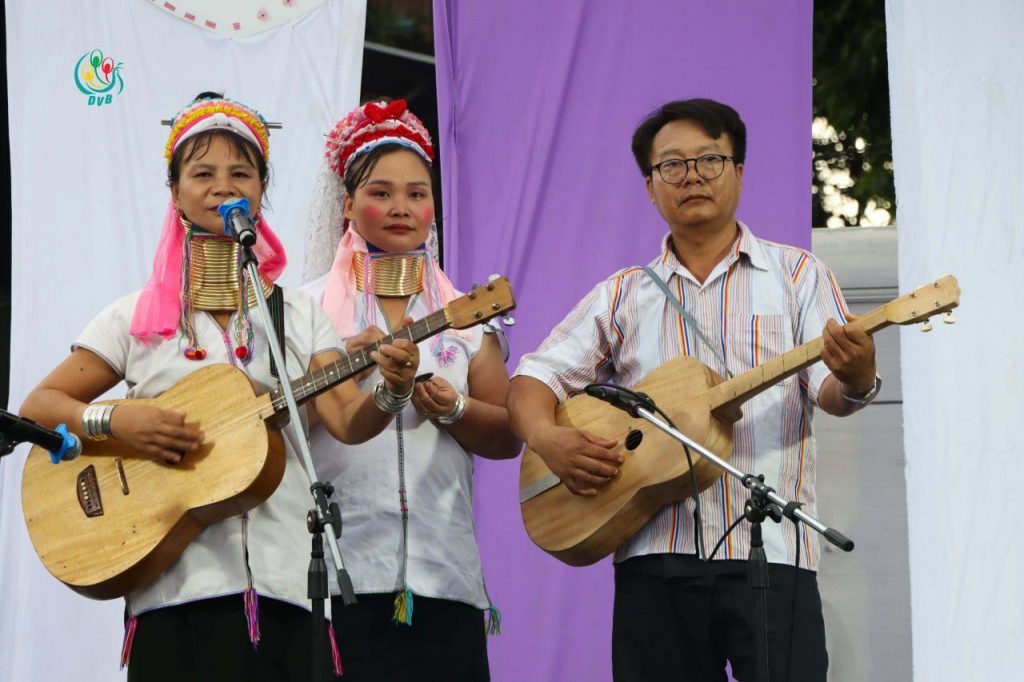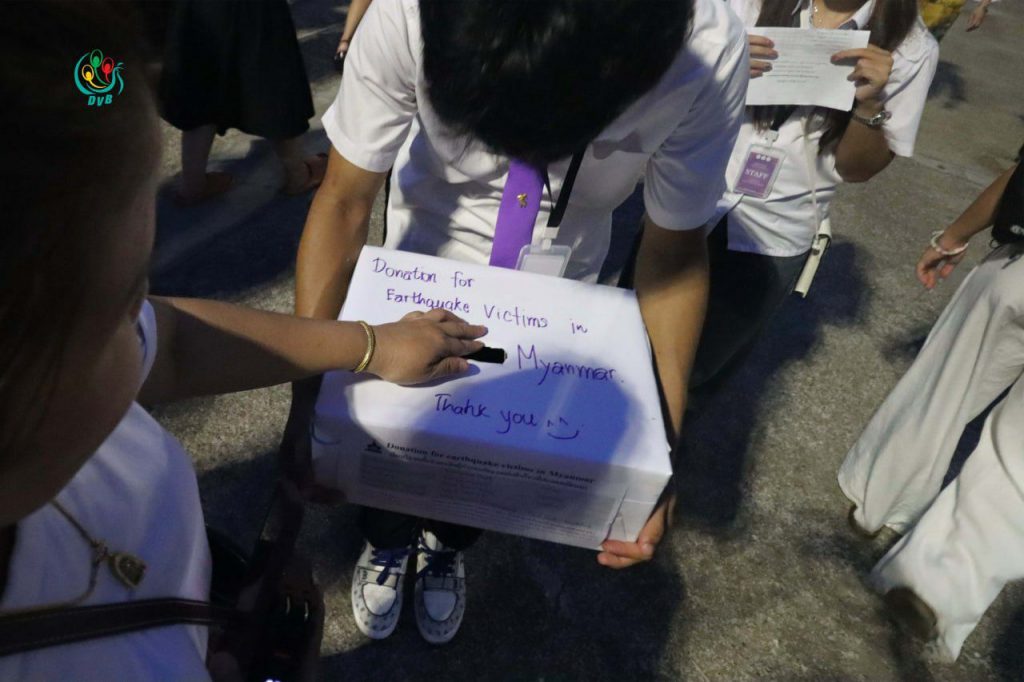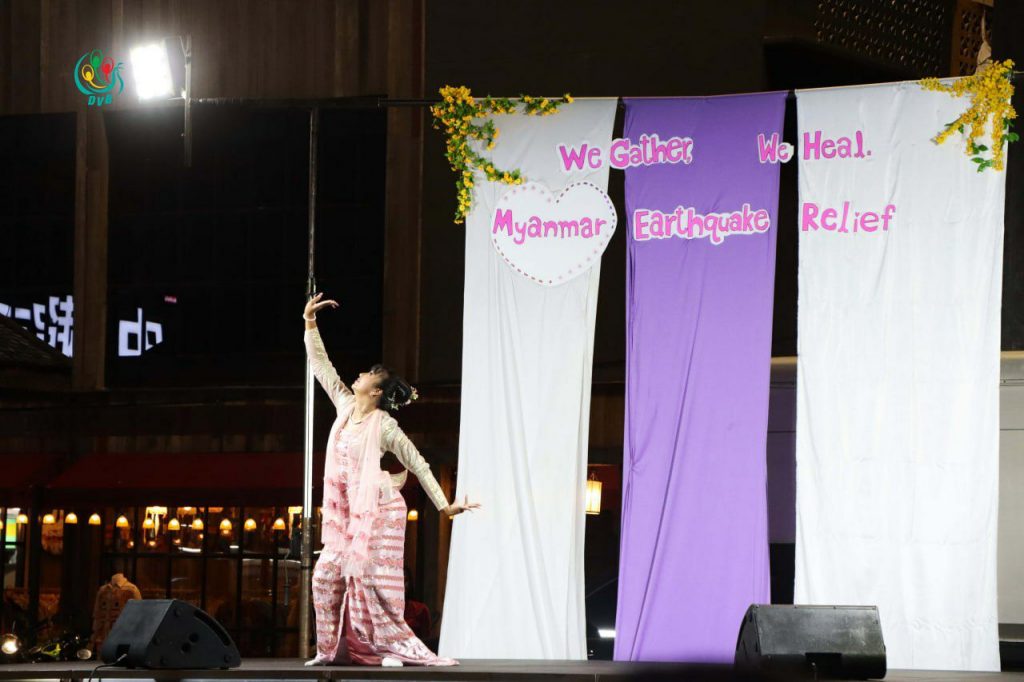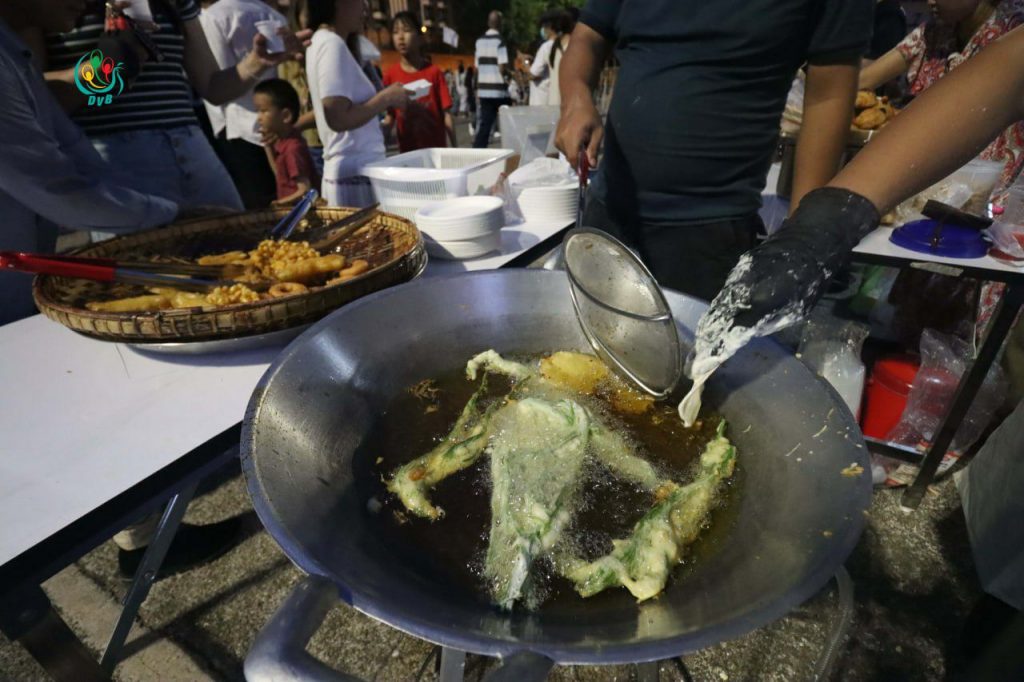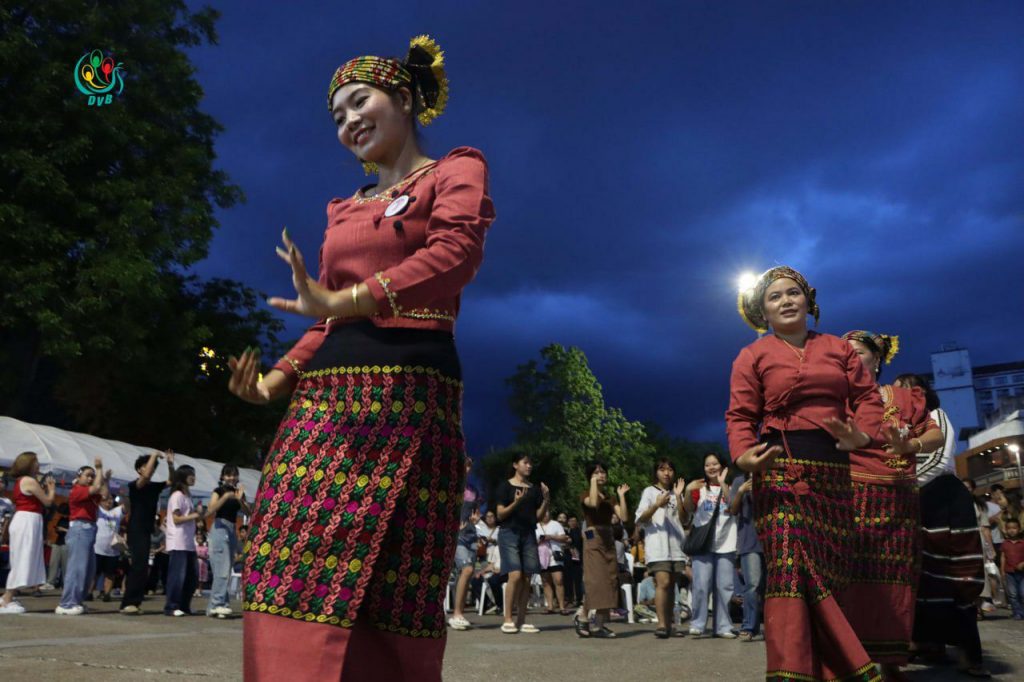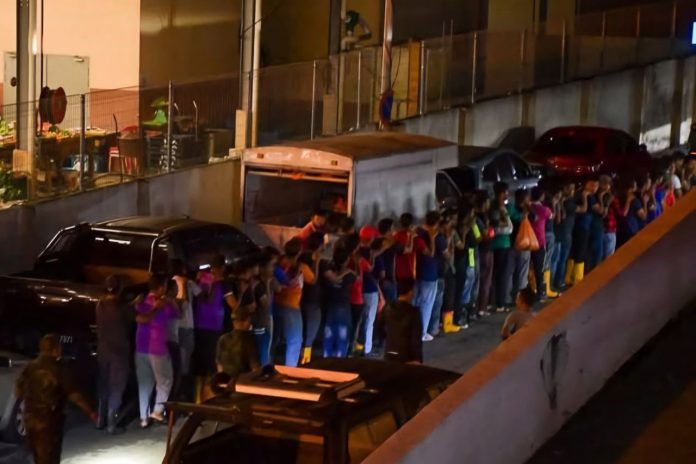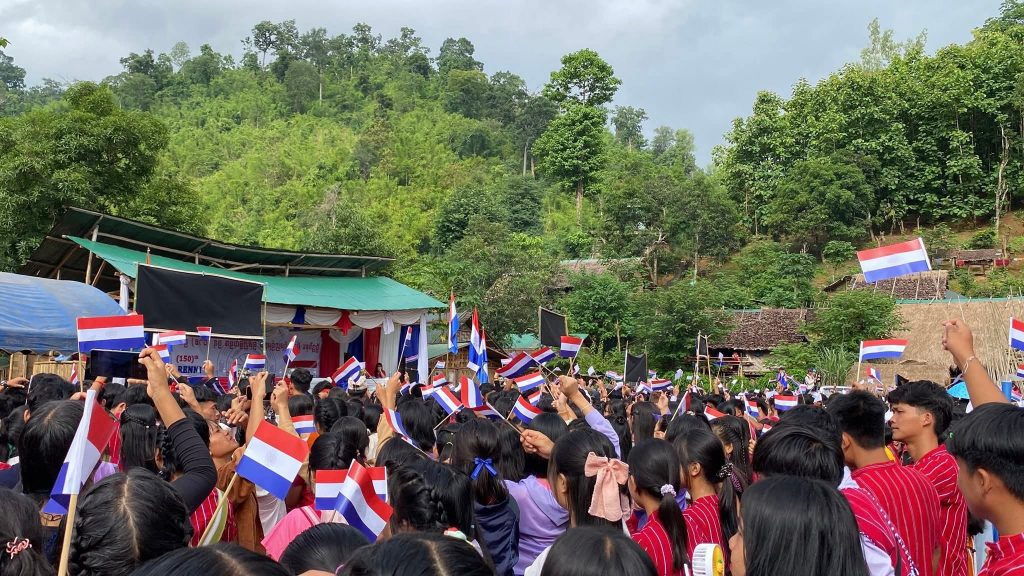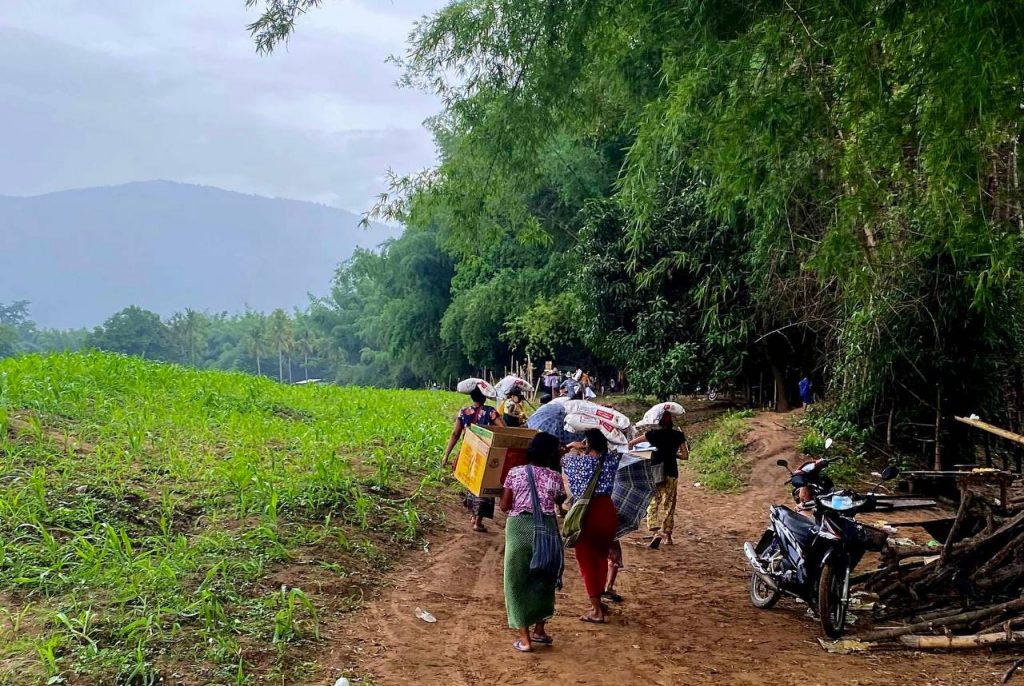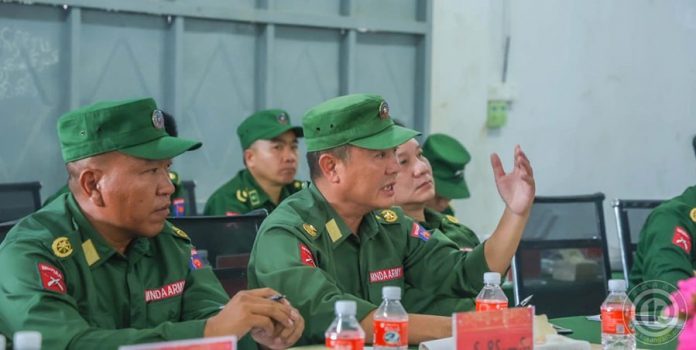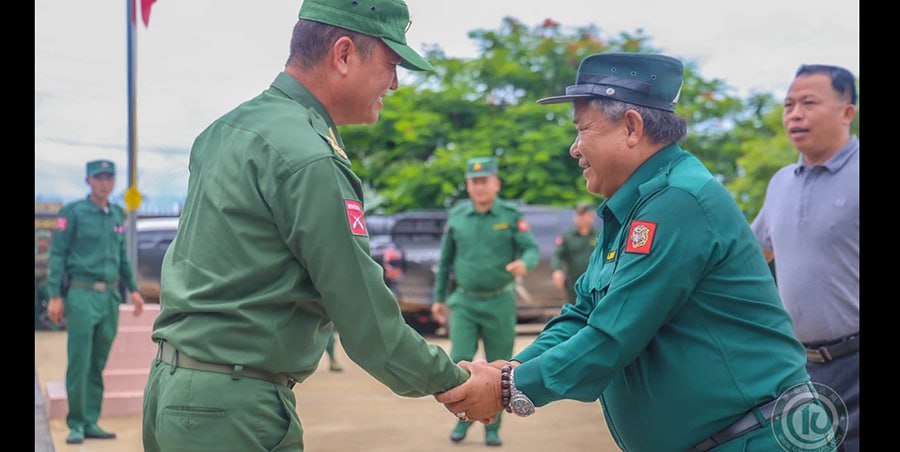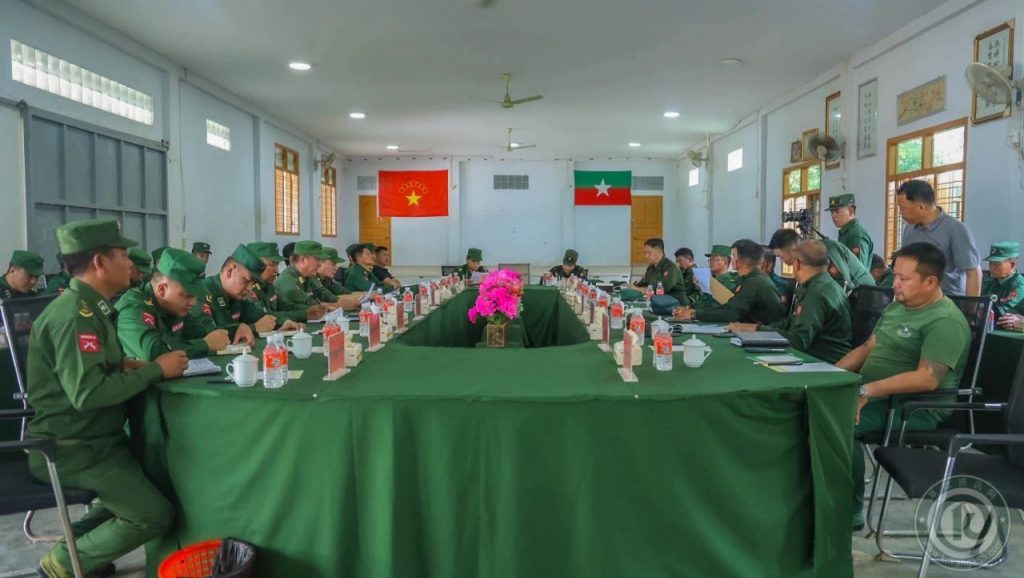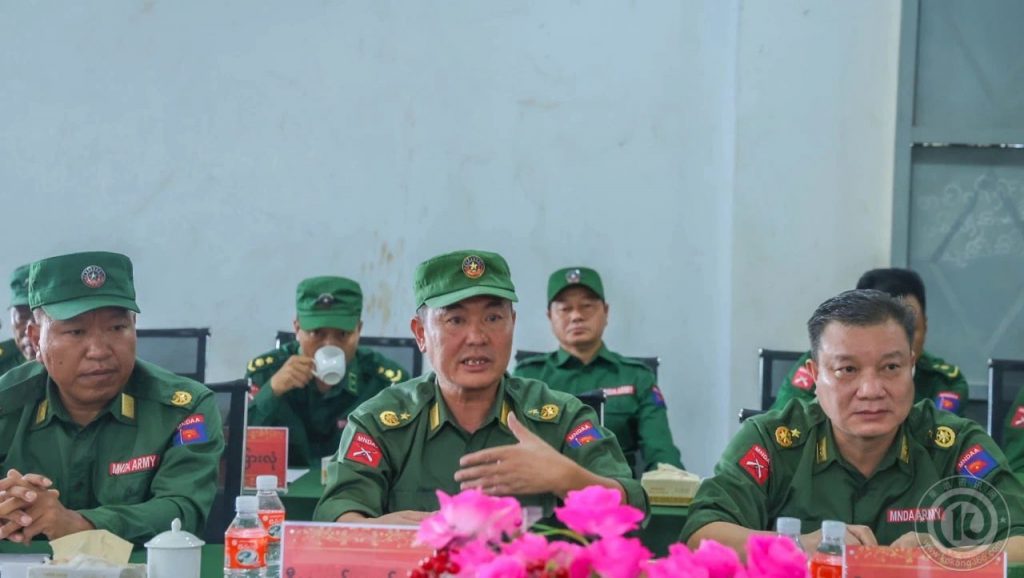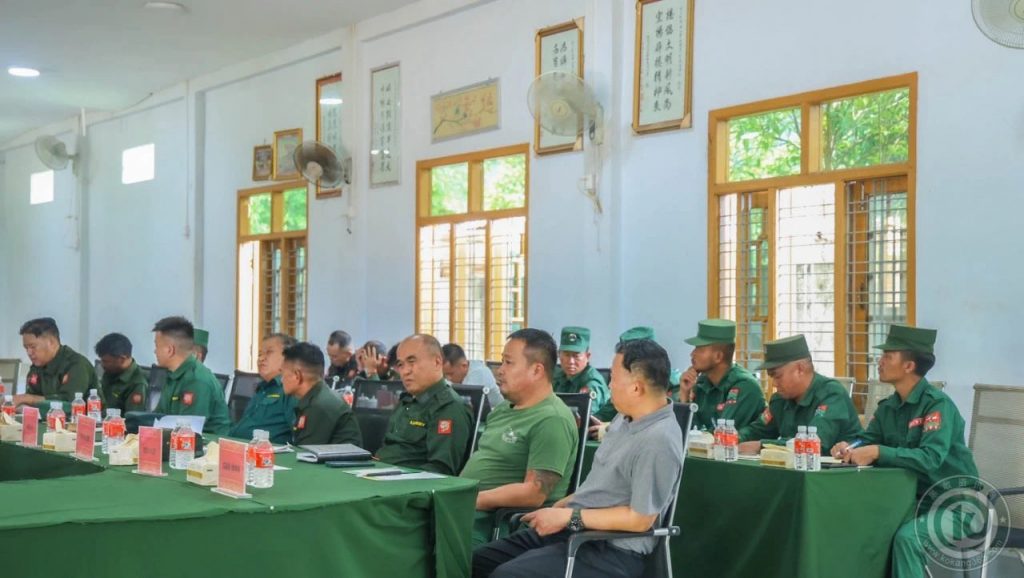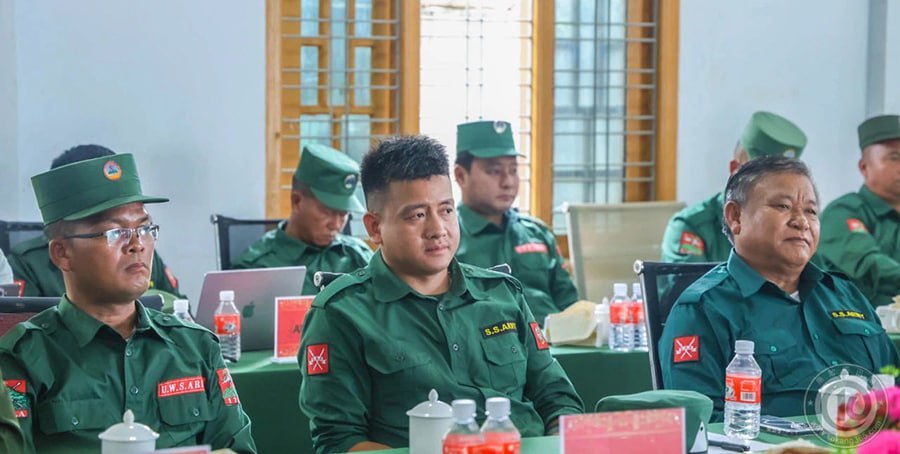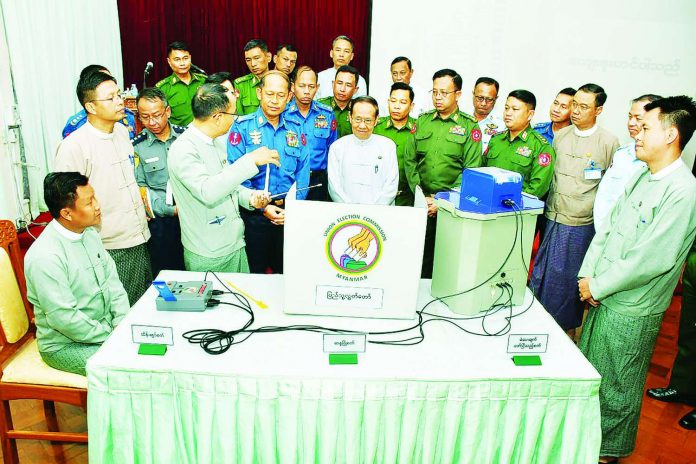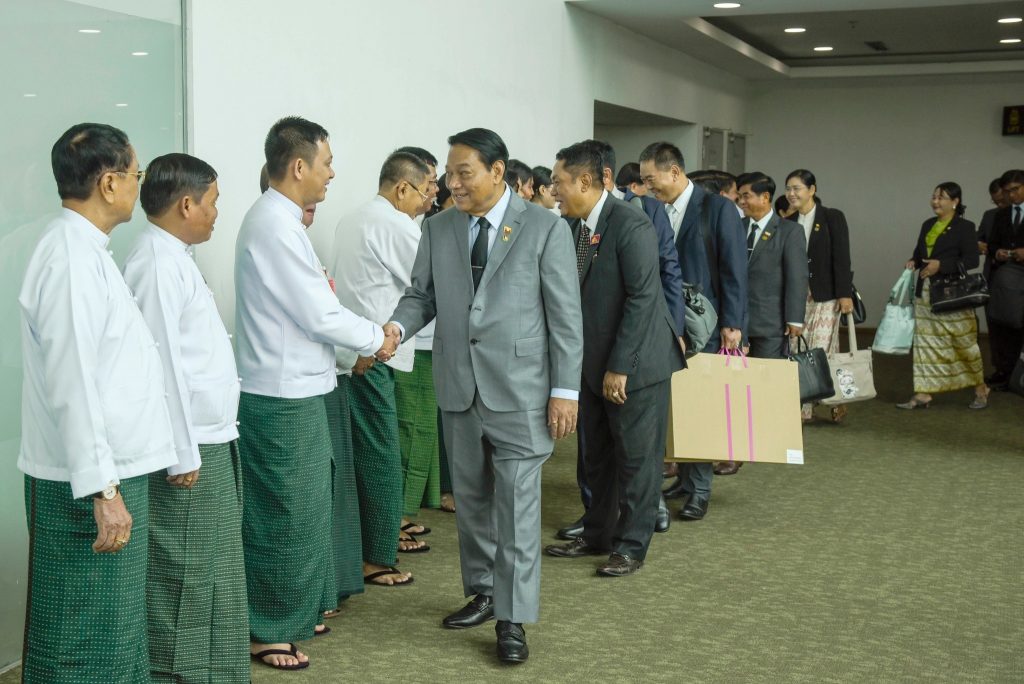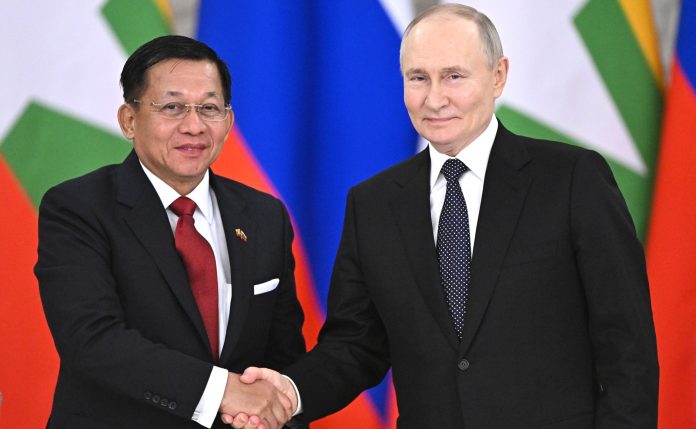Airstrike on hospital kills one civilian in Mandalay Region
The People’s Defense Force (PDF) in Pyin Oo Lwin, Mandalay Region, claimed that a pregnant woman was killed and at least 11 others were injured in airstrikes carried out by the Burma Air Force on Yatkansin Hospital in Madaya Township on Sunday. Madaya is located 23 miles (37 km) north of the region’s capital Mandalay and is partly controlled by the PDF.
“There were two airstrikes over the maternity ward of the hospital, killing and injuring women and infants. We are clearing the area and we are afraid that there will be another airstrike,” a PDF spokesperson told DVB. A total of three buildings inside the Yatkansin Hospital compound, which is under the control of resistance forces, were completely destroyed.
Residents claimed that resistance forces restricted civilian access to the hospital following the airstrikes on June 22. The PDF added that there was no fighting with regime forces near the hospital, which is located along the Mandalay-Mogok road – between Madaya and Singu townships – 126 miles (202 km) north of Mandalay. It came under PDF control in July.
Regime ‘peace talks’ to resume in Naypyidaw this week
The regime in Naypyidaw announced that the second round of “peace talks” with ethnic armed groups will be held in Naypyidaw June 25-27. Regime leader Min Aung Hlaing will attend the opening ceremony. The first round was held March 24-26 and were attended by regime officials, including Yar Pyae, the regime Minister for Border Affairs.
A Naypyidaw resident told DVB on the condition of anonymity that the authorities have tightened security around the Myanmar International Convention Centre 2, where the meetings will take place. More than 100 representatives from ethnic armed groups and pro-military political parties were present at the first round of talks in March.
Previous talks under the regime’s National Solidarity and Peace Negotiation Committee have been held 91 times with signatories of the Nationwide Ceasefire Agreement (NCA), 25 times with non-NCA signatories, 22 times with political parties, and 13 times with religious leaders, peace brokers and stakeholders, according to DVB data.
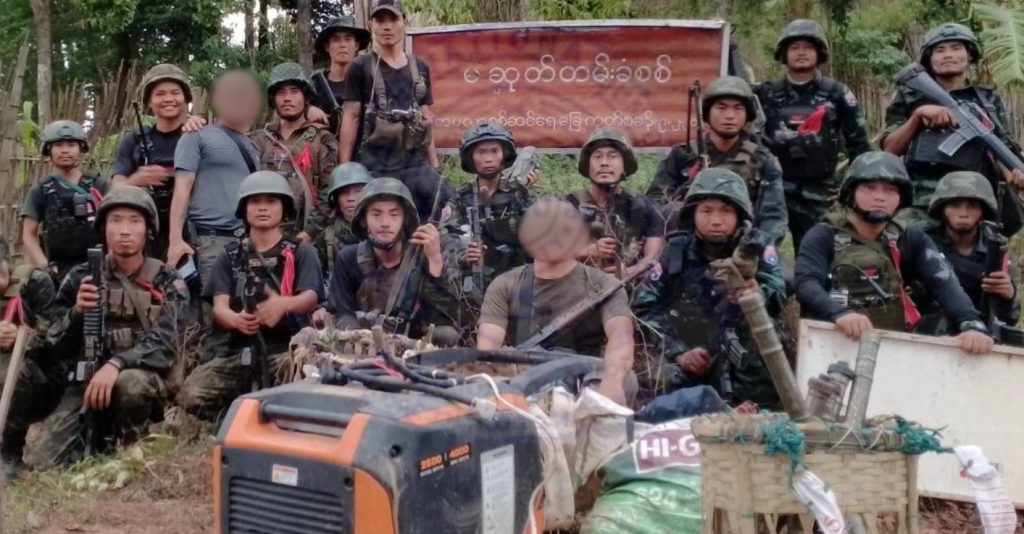
Another military outpost falls to resistance in Karen State
The Karen National Union (KNU) shared on social media on Monday that the Karen National Liberation Army (KNLA), and allied resistance forces, seized the regime’s Htikapalel outpost in Kawkareik Township, Karen State, on Sunday. Kawkareik is located 101 miles (162 km) southeast of the state capital Hpa-An and is in KNU Brigade 6 territory.
A source inside the KNU told DVB on the condition of anonymity that the KNLA-led resistance forces had dropped 10 to 35 bombs using Unmanned Aerial Vehicles (UAV), or drones, on regime forces stationed inside the Htikapalel outpost daily since June 3, which forced around 60 regime troops to abandon the outpost on Saturday.
The seizure of the Htikapalel outpost by resistance forces means that three outposts remain under regime control along the Burma-Thailand border. Htikapalel was seized by the military in 1997 after it became the KNU headquarters with the fall of Manerplaw, Hpa-An Township, on Jan. 27, 1995. The KNLA retook control of Manerplaw from regime forces on Dec. 16.
News by Region
AYEYARWADY—Residents of Pathein Township told DVB that four women were arrested by police on Friday for sharing birthday greetings for jailed State Counsellor Aung San Suu Kyi on social media. A source close to the regime told DVB that the women’s phones were inspected.
The source added that no charges had been filed but the women remained in custody as of Sunday. Sources told DVB that the regime had instructed its officials to monitor any public campaigns across the country, or online, to mark the 80th birthday of Aung San Suu Kyi.
BAGO—At least seven PDF members and 15 regime troops were reportedly killed during fighting in Minhla Township on June 20. Residents told DVB that over 100 homes were burned down in Taungpyat village. Minhla is located 104 miles (167 km) northwest of the region’s capital Bago.
An anonymous source in Minhla told DVB that the PDF was caught in a pincer attack by regime forces, which were numbered at up to 400 troops. Fighting along the Yangon-Pyay highway has displaced over 20,000 residents from 20 villages since June 16.
KARENNI—Residents told DVB that fuel prices have risen from 4,000 to 10,000 MMK ($0.9-2 USD) per liter over the past week. An anonymous source living at an Internally Displaced Persons (IDP) camp told DVB that he can’t start farming until prices go down.
Traders told DVB that poor road conditions during the rainy season and taxation by armed groups along transport routes are to blame. “We’re paying taxes in every direction,” a resident of Demoso Township told DVB. Six towns are under the control of Karenni resistance forces.
KACHIN—Residents of Mansi and Momauk towns told DVB that they were displaced from their homes one year ago during fighting between regime forces and the Kachin Independence Army (KIA). The towns are located 40-133 miles (64-214 km) south of the state capital Myitkyina.
“We need shelters because of the monsoon season,” a Mansi resident told DVB. A family living at an IDP camp said they haven’t received any aid for the past six months and are in need of healthcare and medicine. The KIA took control of Mansi in January and Momauk in August.
(Exchange rate: $1 USD = 4,550 MMK)
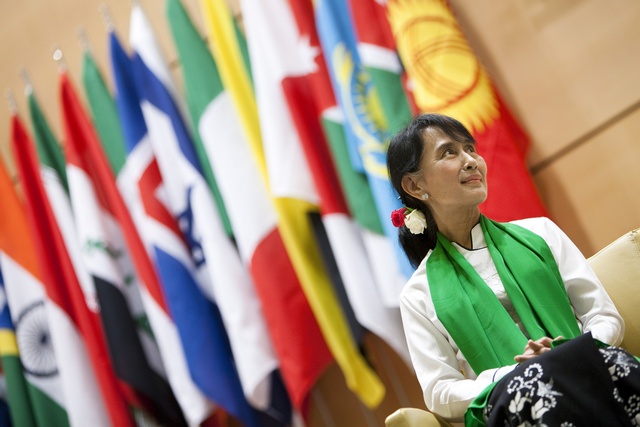
Op-ed: The ‘politically motivated’ mantra of Myanmar’s military junta. Find DVB English News on X, Facebook, Instagram, Bluesky Threads & TikTok. Subscribe to us on YouTube.


